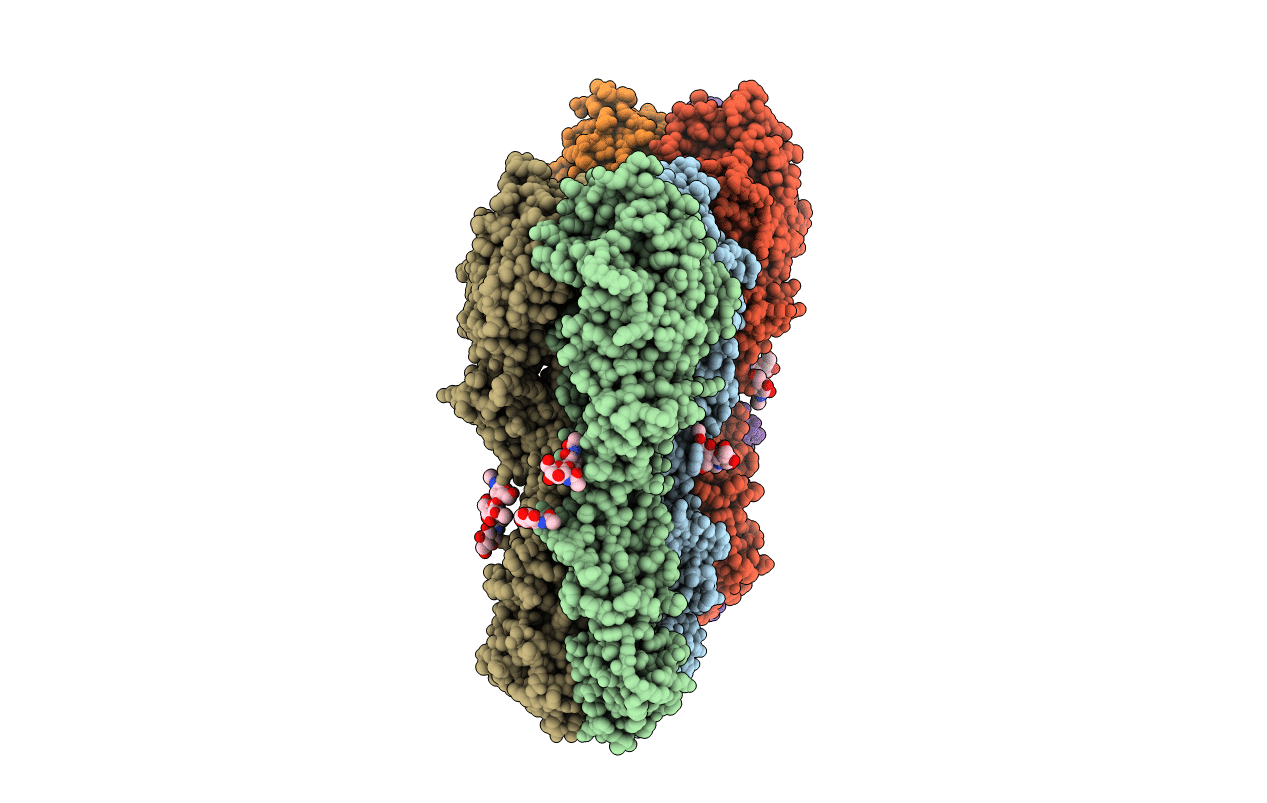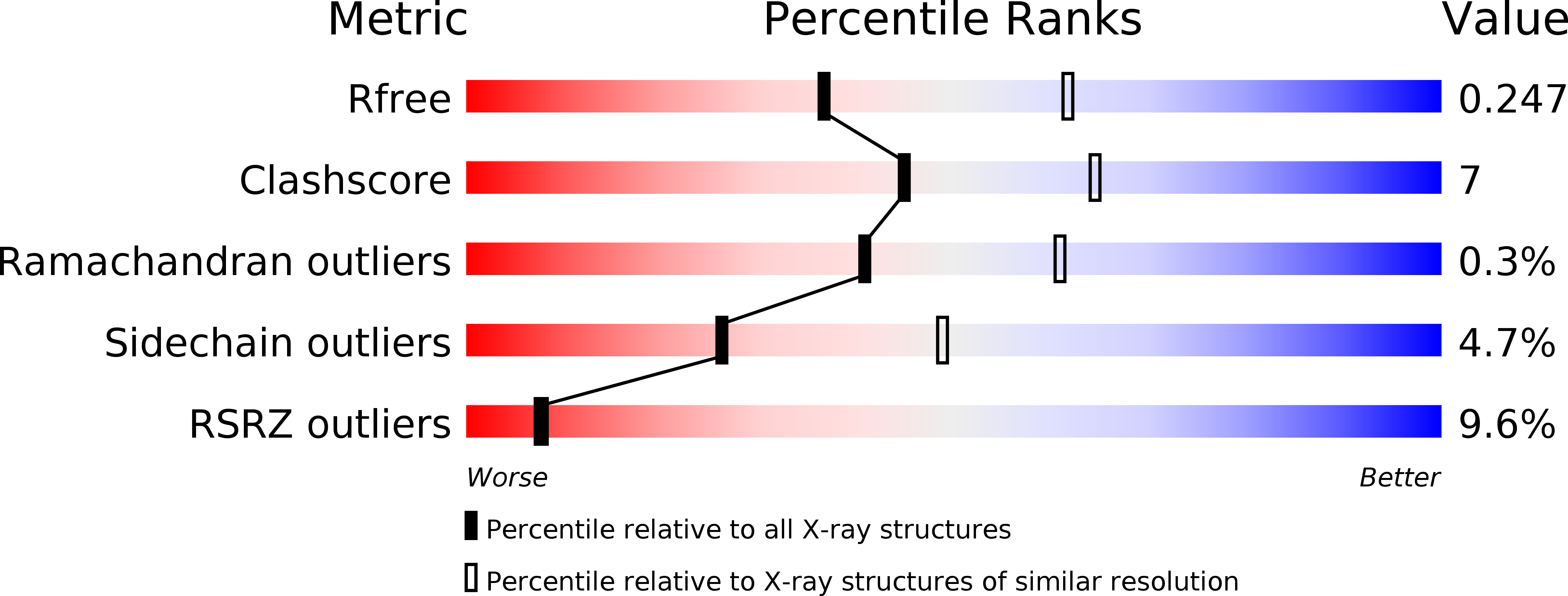
Deposition Date
2014-10-28
Release Date
2015-02-25
Last Version Date
2024-10-09
Entry Detail
PDB ID:
4WSR
Keywords:
Title:
The crystal structure of hemagglutinin form A/chicken/New York/14677-13/1998
Biological Source:
Source Organism(s):
Expression System(s):
Method Details:
Experimental Method:
Resolution:
2.50 Å
R-Value Free:
0.24
R-Value Work:
0.20
R-Value Observed:
0.21
Space Group:
C 1 2 1


